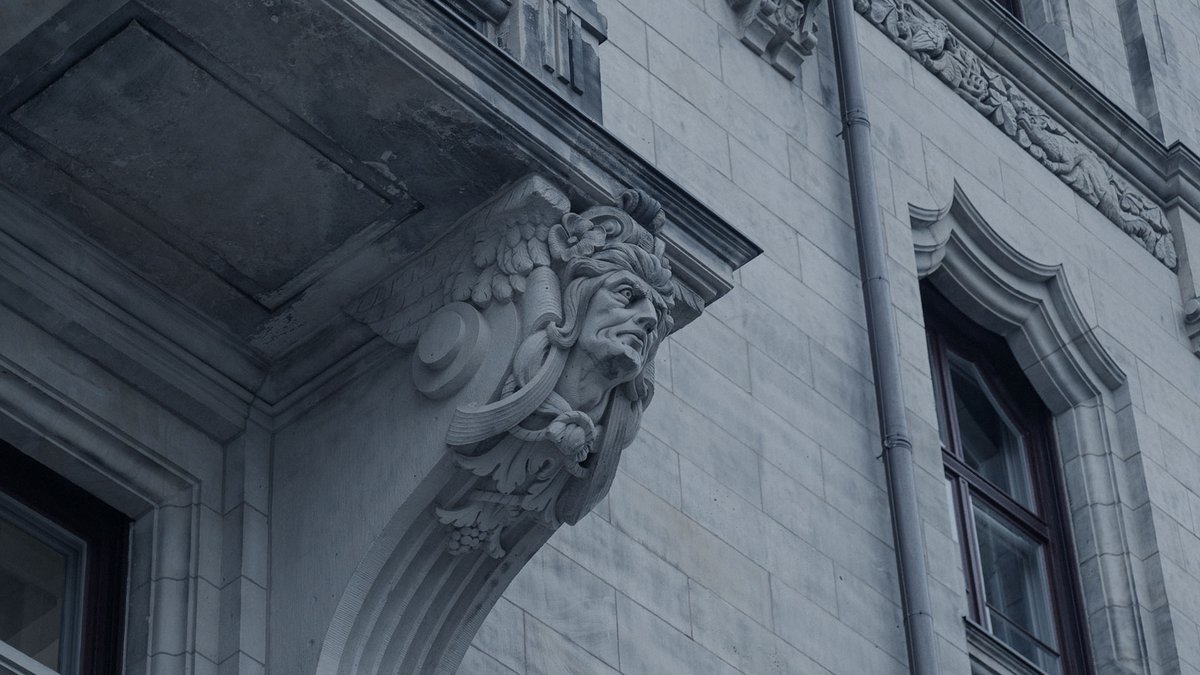Defense Denies Attempted Murder in Attack on Synagogue

On December 9, 2020, the 25th day of the Halle trial, the defense of the accused gave its closing statement. Following antisemitic and criminal statements in the accused’s final speech, the presiding judge ended it after a few minutes.
Hans-Dieter Weber, one of the two defense attorneys for the accused, said that his client had always been polite to him. He had pointed out at the beginning of the proceedings that he would not regulate his client in “any way.” This had been important in order to be able to assess culpability, Weber said. The presiding judge Ursula Mertens had cut off the accused several times during the proceedings and threatened to exclude him, as he repeatedly tried to provoke by making antisemitic and racist statements.
Attorney Weber expressed his sympathy to the bereaved families and those affected. In particular, the statements of the father of Kevin S. had touched him very much, said Weber. He “wishes from the bottom of his heart that he can forgive the accused” and find “inner peace”.
The murder of Jana L. and Kevin S., Weber said, does not require “any comment” – the offense meets the criteria. Likewise, the distribution of the video of the act fulfilled the criterion of incitement of the masses. In the livestream, the accused had denied the Shoa, among other things. Weber admitted further charges. However, he denied that the accused was guilty of the attempted murder of Mandy R., Conrad R., Rıfat Tekin, İsmet Tekin, Aftax Ibrahim, Jens Z., Dagmar M. and two police officers, as representatives of the joint plaintiffs and on some accounts the Attorney General had stated.
Even though the accused had at no time denied that he wanted to enter the synagogue in order to kill Jews, the attack on the synagogue, according to Weber, did not qualify as attempted murder. The attack with firearms on the door and the throwing of explosive devices was not to be evaluated as an “immediate attempt to commit the crime” – the accused had voluntarily refrained from his actual plan.
The complex personality disorder of the accused mentioned in the psychiatric report points to a reduced culpability, Weber said. The life of his client had been marked by self-isolation and the inability to build relationships with other people. After failed studies and illness, the accused finally gave up and settled to live with his mother. She was in “no way suspected of a right-wing extremist sentiments,” said Weber. The former ethics teacher had left a suicide note with antisemitic content after the attack.
In the darknet, the accused had found like-minded people, Weber said. He had wanted to prove himself to this community and had acted “out of delusion and craving for recognition”. Due to his isolation, the accused had “drifted into right-wing extremism”.
Thomas Rutkowski, the accused’s second defense attorney, agreed with Weber’s statements.
At the end of the trial, the accused was given the floor for the last time. During his speech, he repeated antisemitic and racist narratives. After only three minutes, the presiding judge cut him off because he again denied the Shoa, which led to interjections by spectators and representatives of the joint plaintiffs. Attorney Alexander Hoffmann requested that the statements just made by the accused be put on record, as they were criminal acts. After a short intermission, the presiding judge granted the request and again gave the accused the last word, which he waived.
At the beginning of the hearing, the presiding judge had admonished the joint plaintiffs. Since they had only appeared half an hour before the start of the hearing, representatives of the press had been left out in the cold. If this were to happen again on the day of the verdict, the press would be given priority. The verdict will be announced on time on Dec. 21, the presiding judge said at the end of the day: “We won’t wait for anyone.”
The trial is expected to come to an end on Dec. 21.